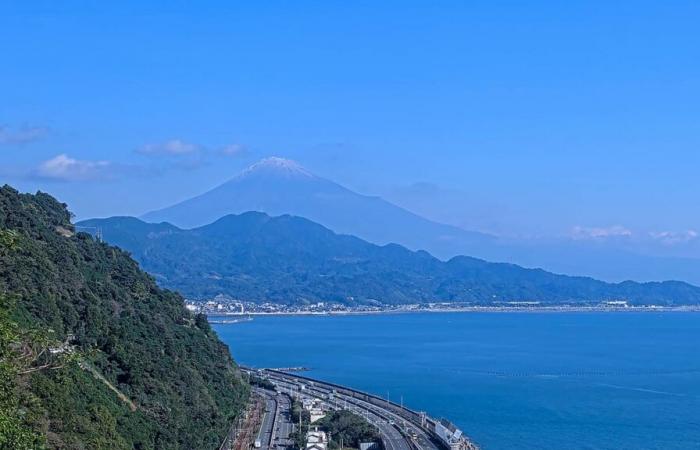At the end of October, scientists were concerned that they had not yet observed snow on Japan's highest peak. This Wednesday, November 6, the Japanese Meteorological Agency in Shizuoka finally spotted the first snowflakes of 2024.
Relief in the land of the rising sun. After a delay of a month, the arrival of snow at the summit of Mount Fuji, confirmed this Wednesday, November 6 by theJapan Meteorological Agency, sparked joy.
At the end of October, Japanese scientists were concerned about not being able to observe snowflakes in this region located to the west of the island. A phenomenon that had not occurred since meteorological records began in 1894, almost 130 years ago.
Inevitably affected by climate change
Religious symbol for some, artistic inspiration for others, the aesthetics of Mount Fuji leaves no one indifferent. In Japan, near the city of Shizuoka, the summit is part of the local heritage and attracts tourists from all over the world.
Every day scrutinized by scientists from the meteorological observatory built on its side, Mount Fuji has unwillingly become one of the theaters of climate change.
Recently, the absence of snow on its tip has concerned researchers, as has the increase in summer temperatures of 1.76°C on average.
It has never happened, in almost 130 years, that the summit of the mountain has been so ice-free in November. Even if it is currently still complex to attribute this delay to global warming, reports the BBC, experts nevertheless agree on one point: all these meteorological events correspond to predictions of a “warming world” .
Since 1894, specifies Agence France Presse (AFP), no snow had been spotted after October 26.






